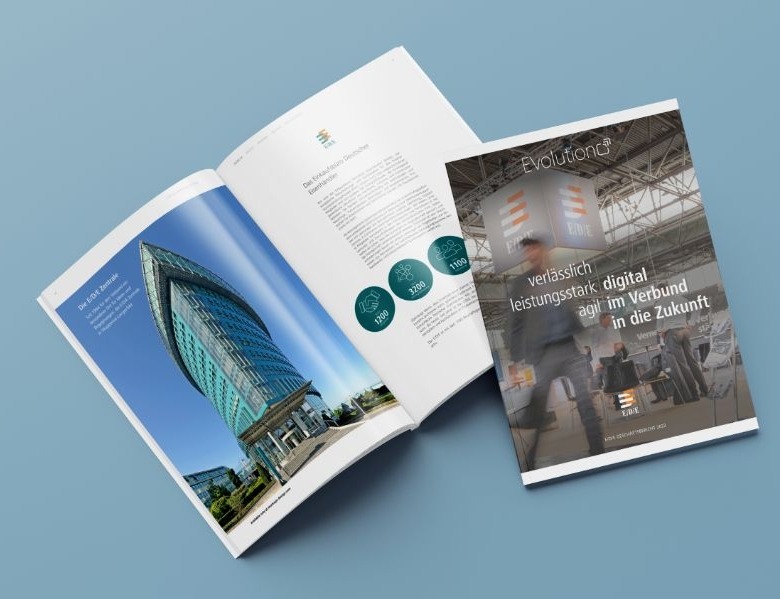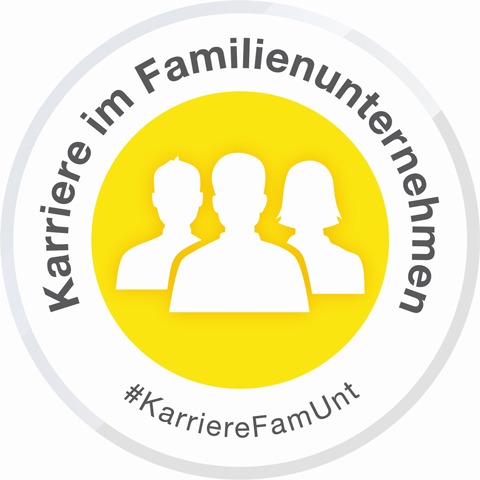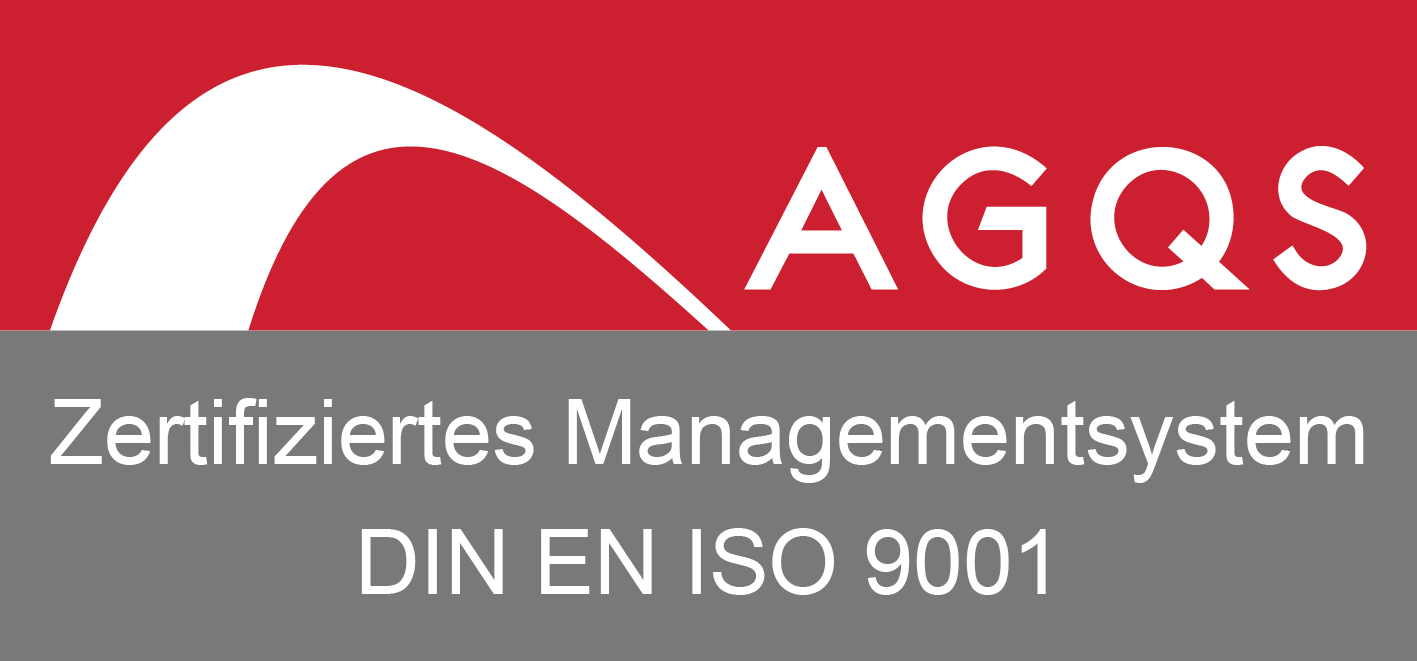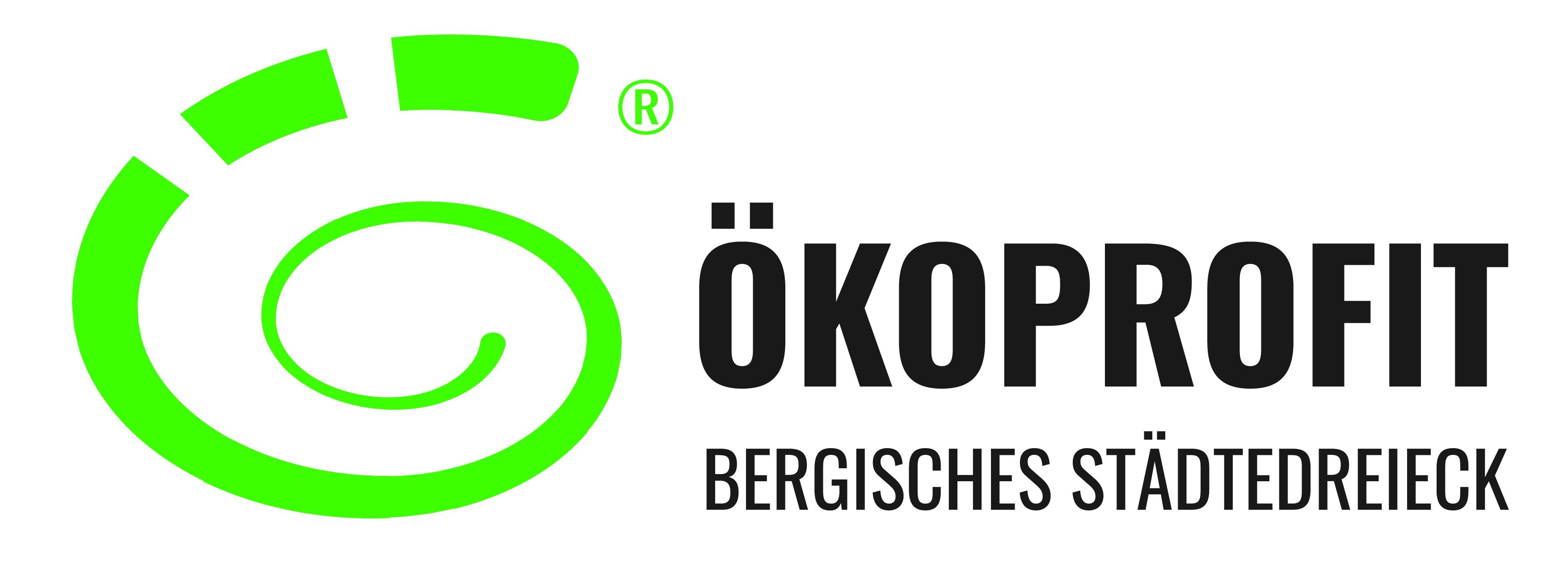Education systems and qualification measures can only keep pace with the digital transformation if they undergo structural change – as author and journalist Wolf Lotter sees it. In this interview, he explains his view on the topic and how training and further education can become drivers of innovation in companies.
PVH Magazine: A topic that is important for society as a whole: the digital transformation. Are our education systems able to cope with the associated changes?
Wolf Lotter: Unfortunately not. Our education systems do not react, but act statically and retain their existing structures. This is certainly a question of cost, but also of culture. The importance of preparing people for participation in a modern knowledge community and promoting their individual strengths does not seem to be recognized in education and training.
The digital transformation is a huge automation change and demands a lot from us. Since industrialization, machines and later also automatic machines have been taking over individual production tasks. And little has changed in our education systems since then. This is a problem because digitalization will make automation ubiquitous and AI will take over all routine work.
What work is left for us then? First and foremost, everything that is not developed according to rules and patterns, such as projects, one-off designs of special systems and so on. This requires personal skills such as creativity, decision-making competence and communication skills. The education systems should have developed answers long ago.
” Qualification is much more than continuously expanding specialist knowledge “
What would these answers be and what do they mean for company qualifications?
In companies, the term “lifelong learning” is well known, as is the fact that the chances of surviving on the market are diminishing without continuous learning. But with the current transformation, qualifications mean much more than just continually expanding your specialist knowledge.
” We should revive the old concept of mastery “
Today, technological expertise has a short half-life and job profiles are changing at a rapid pace. Building up specialist expertise naturally remains relevant. In training and further education, however, it must be taken into account that this expertise is driven by a whole range of personal skills. Specialist knowledge must not only be learned once, but must be able to be renewed at short intervals, i.e. the ability to learn, decision-making skills, creative and networked thinking, solution-oriented action and, last but not least, communication skills should be on the agenda.
A bundle of personal skills that go far beyond pure specialist knowledge. In a highly competitive world with global and monopolized markets, education systems are needed that respond to this complexity. They should reflect the fact that individual specialist areas no longer function alongside each other, but only with each other. Traditional knowledge silos have had their day.
What does an entrepreneur do in a practical sense when he questions previous training and further education programs against this background?
I answer the question with what an entrepreneur should not do: take the easiest route. He should not respond to the digital transformation with courses and a coach who teaches technical skills. Because by the time the course is finished, the technology will be obsolete again. But we have also become collectors in education. Instead of offering ready-made sets of rules and courses, we should ask how independent thinking can be encouraged.
An entrepreneur should take a self-critical look, observe the markets, automate routine work and promote individual and creative work. He should understand further training in a comprehensive sense and invest in the independent work of his employees. This is because many tasks, even programming, will become superfluous. In contrast to thinking, entrepreneurial action and innovative ideas.
The knowledge economy is key. Today, money is no longer earned with industrial skills and mass production, but with knowledge and expertise. We should revive the old concept of “mastery”. In the past, it was never about rigid rules and fixed training, but about developing personal skills. This old mastery has given the German economy its innovative strength in the past.
Independent working, entrepreneurial action – doesn’t that sound less like a qualification measure and more like a cultural change?
It is exactly the same – and many companies have long understood that this cultural change is necessary in order to be successful in a modern knowledge society.
” Conventional knowledge silos have have had their day “
Innovative strength and business success are not only dependent on a leader. A company needs many entrepreneurs, i.e. employees who think for themselves, question things critically and are allowed to make decisions. In an organization, points of view should always be renegotiated, a common mode and common goals should be defined, but within this framework, everyone should do what they do best. This means that managers will have to create this framework and enable employees to operate within it.
Wolf Lotter
is an author and journalist specializing in transformation and innovation. With his publications, he makes topics that are transforming our economy and society understandable: work culture and the interactions of digitalization, automation and knowledge work in network organizations. Wolf Lotter has been a sought-after keynote speaker for decades and is a frequent guest on podcasts and radio programs. He has also been a member of the ORF Audience Council since 2022. (Photo: Katharina Lotter)








